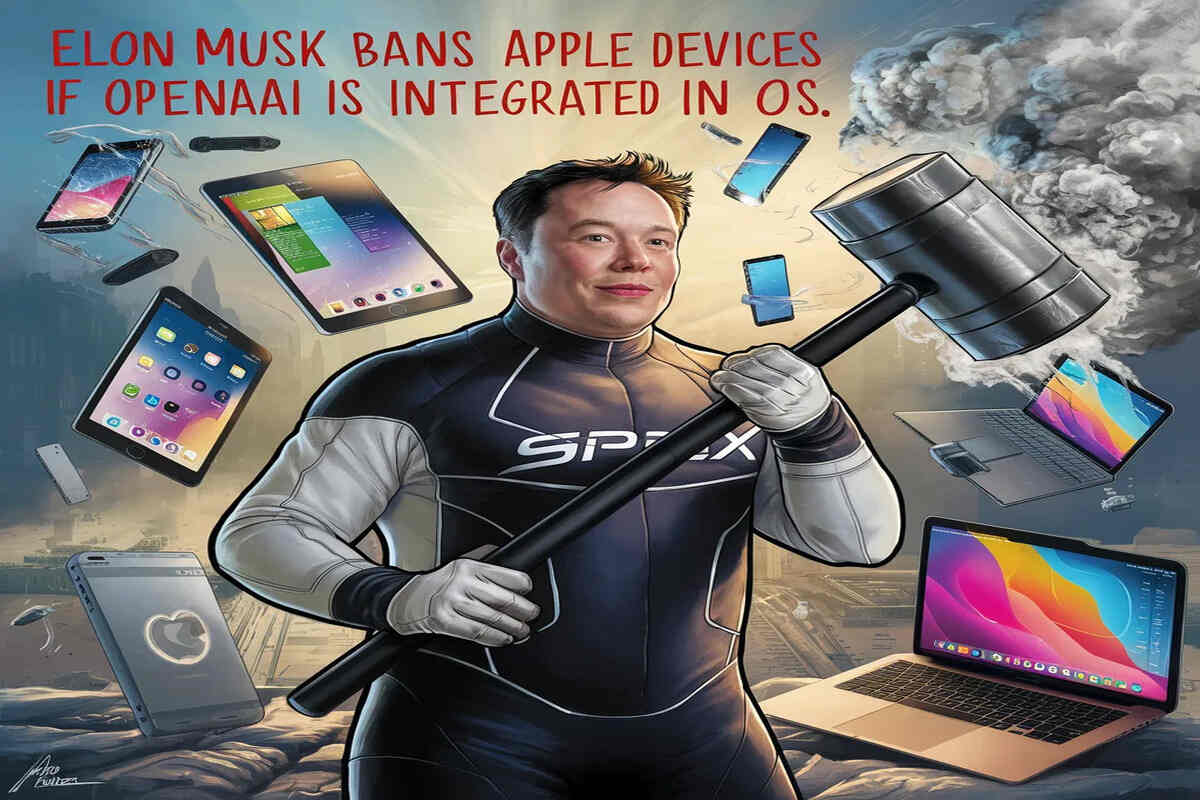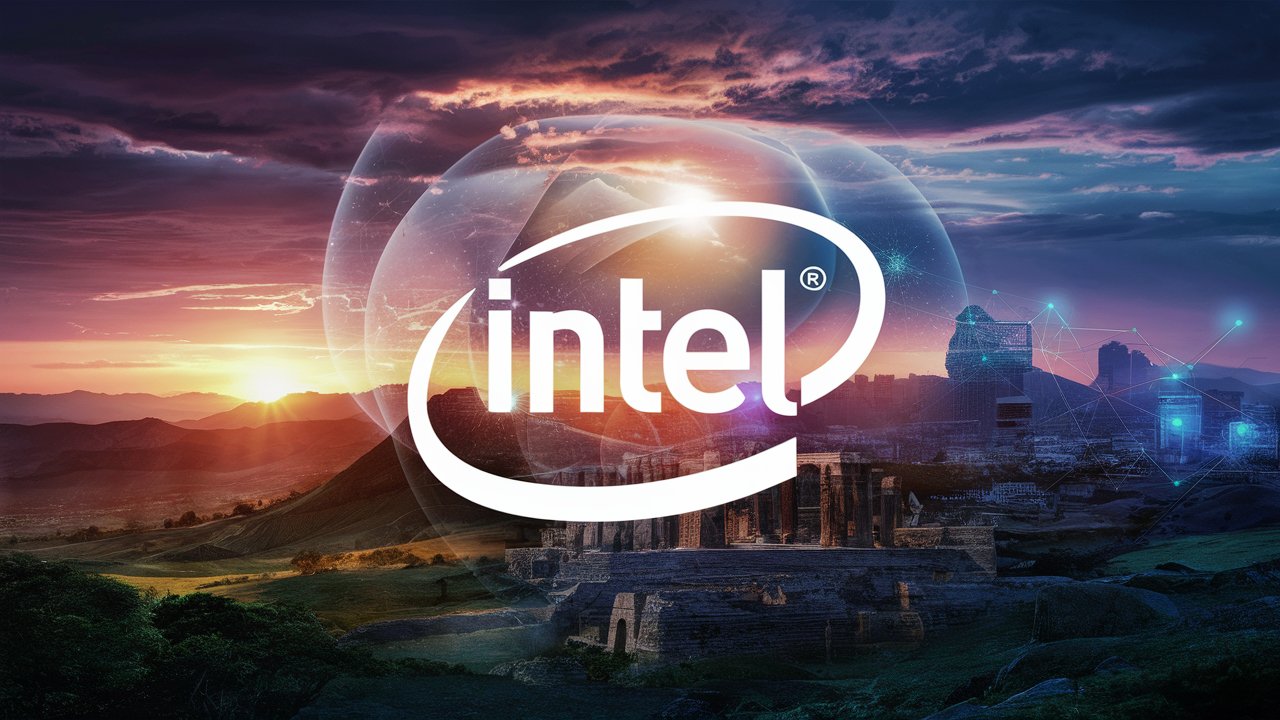
During Apple’s 2024 Worldwide Developers Conference on June 10, the tech giant unveiled its latest innovation, “Apple Intelligence.” This suite of new generative AI features is set to be integrated into iOS 18, iPadOS 18, and macOS Sequoia. All these updates are expected to roll out later this year.
However, the announcement has sparked significant controversy. Tesla CEO Elon Musk voiced strong opposition to Apple’s decision to incorporate OpenAI’s ChatGPT into their voice assistant, Siri.
Apple’s AI ambitions unveiled
Apple Intelligence promises to enhance user experience by integrating advanced generative AI features across its platforms. One of the standout features is Siri’s new ability to relay user questions to ChatGPT, OpenAI’s well-known language model. This functionality aims to provide more accurate and comprehensive answers to user inquiries.
Importantly, Apple has emphasized that user consent is required before any data, including questions, documents, or photos, is sent to ChatGPT. Siri will then present the answer directly to the user.
The development of these features had been leaked by Bloomberg over the weekend, stirring anticipation and speculation. Apple’s intention behind this integration is to leverage the advanced capabilities of ChatGPT. This aims to improve Siri’s performance, making it more useful and versatile for users.
Musk’s strong opposition
Elon Musk, known for his outspoken views on technology and privacy, did not hold back in his criticism of Apple’s move. He labeled it as “patently absurd” that Apple, a leading tech company, would rely on a third-party AI instead of developing its own. Musk argued that this decision undermines user privacy and security, stating, “They’re selling you down the river.”
Musk’s criticism extended to Apple’s claims of privacy protection. He highlighted the contradiction between Apple’s marketing message of “protect your privacy” and the reality of handing over user data to a third-party AI service.
In a series of posts on X, Musk underscored the potential risks associated with this integration. He argued that Apple’s inability to create its own AI exposes users to unknown security vulnerabilities.
“Apple using the words ‘protect your privacy’ while handing your data over to a third-party AI that they don’t understand and can’t themselves create is not protecting privacy at all,” Musk asserted. His statements resonated with many who share concerns about data privacy. These concerns highlight the implications of integrating third-party AI into widely used devices.
Apple’s response and market impact
In response to Musk’s criticism, Apple issued a press statement to address privacy concerns. The statement assured users that their IP addresses would be obscured during interactions with ChatGPT, and OpenAI would not store any user requests. This measure aims to mitigate privacy risks and reassure users about the security of their data.
Despite these assurances, Musk’s comments triggered the “readers added context” feature on X, leading to a broader discussion about the implications of AI integration in consumer devices. The debate highlights the ongoing tension between technological advancement and user privacy, a critical issue in the digital age.
Interestingly, the announcement of Apple Intelligence and the subsequent controversy did not positively impact the prices of AI-linked cryptocurrencies. According to CoinGecko, Render (RNDR), Fetch.ai (FET), and SingularityNET (AGIX) experienced declines of 5.9%, 3.3%, and 3.9%, respectively, over the last 24 hours. This downturn reflects the market’s cautious stance amid uncertainties surrounding AI integration and privacy concerns.
Also Read: Trump Raises $12 Million and Vows to Be the Crypto President
Discover more from The African Crypto
Subscribe to get the latest posts to your email.















